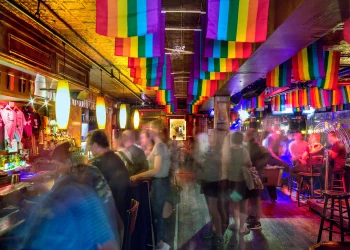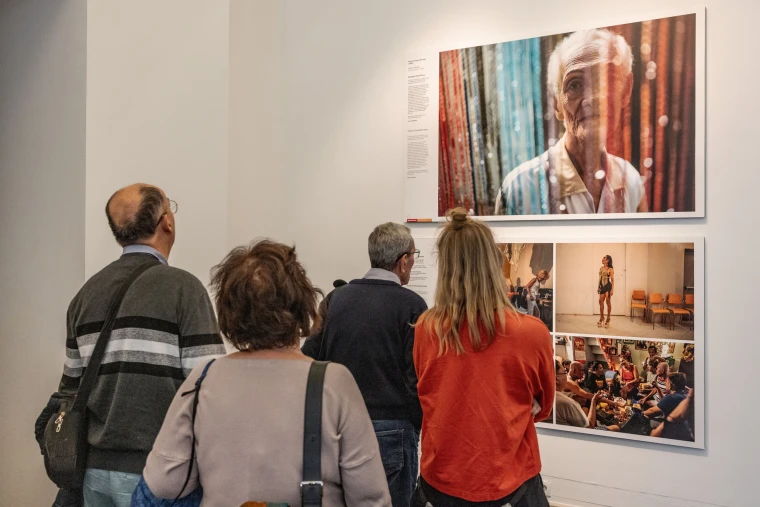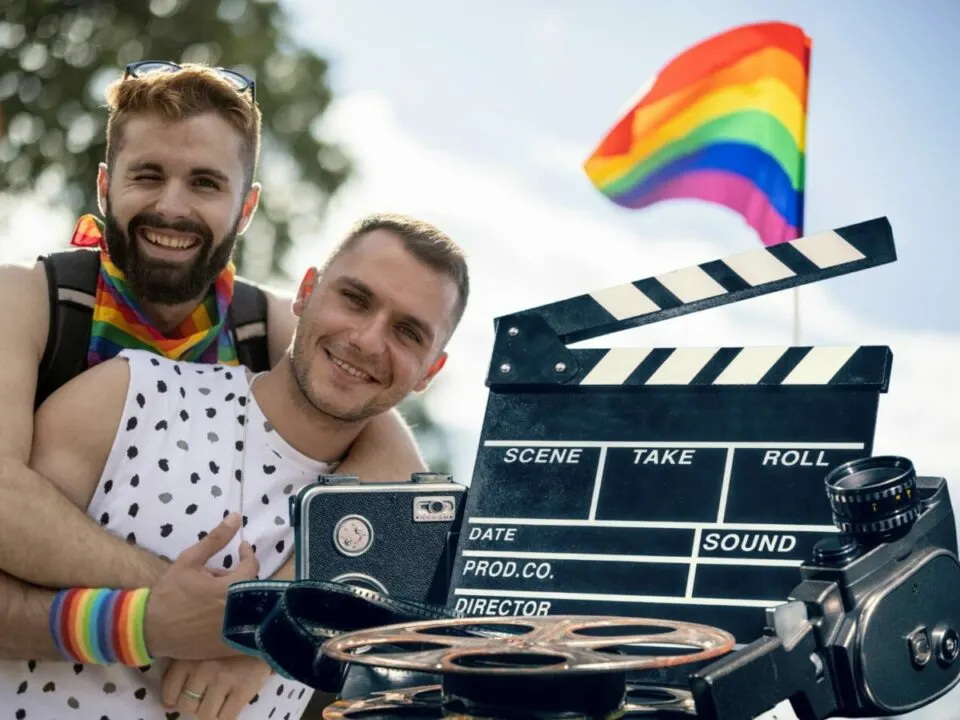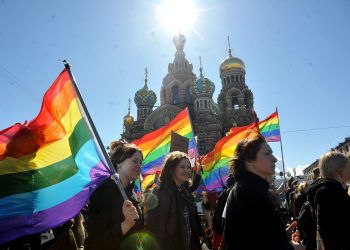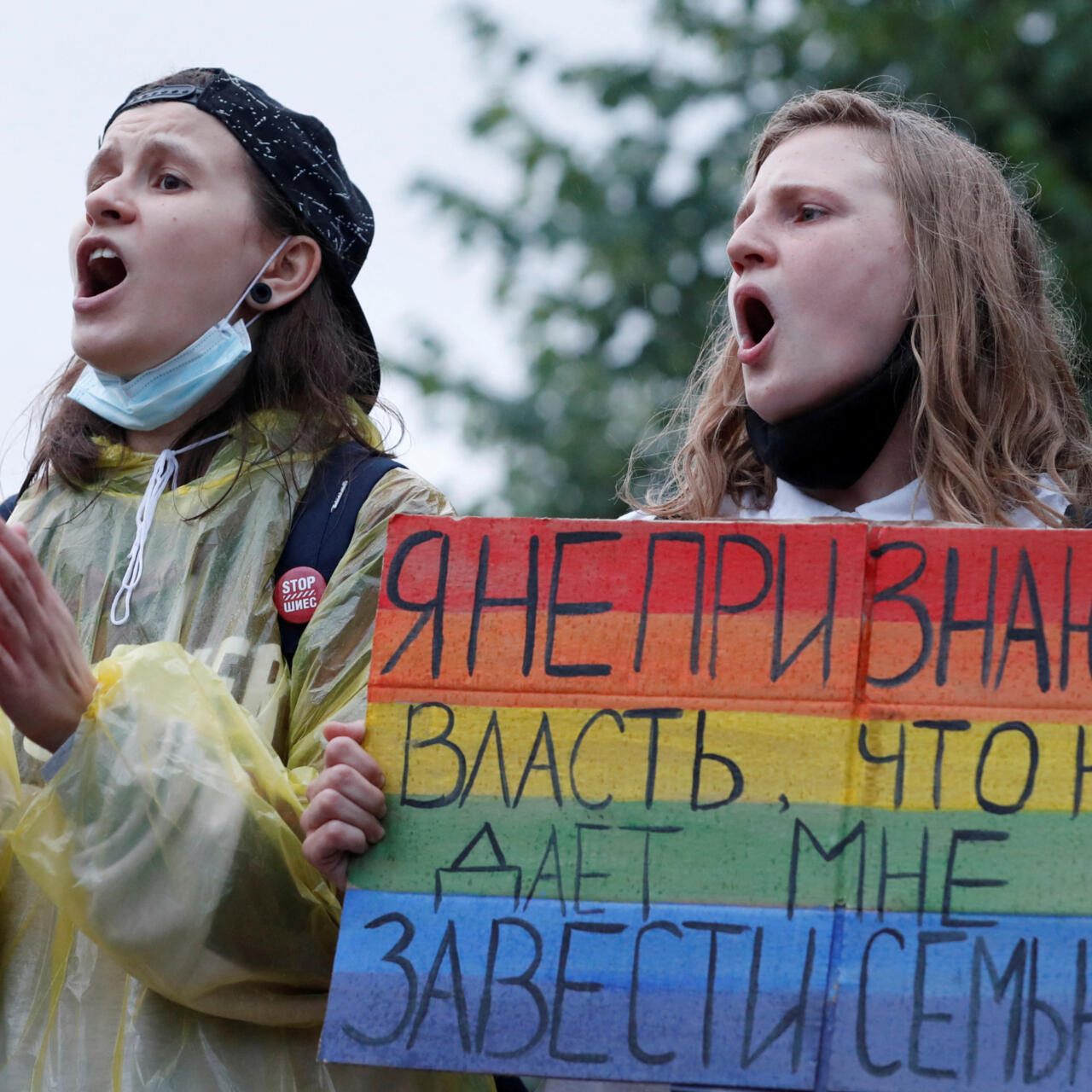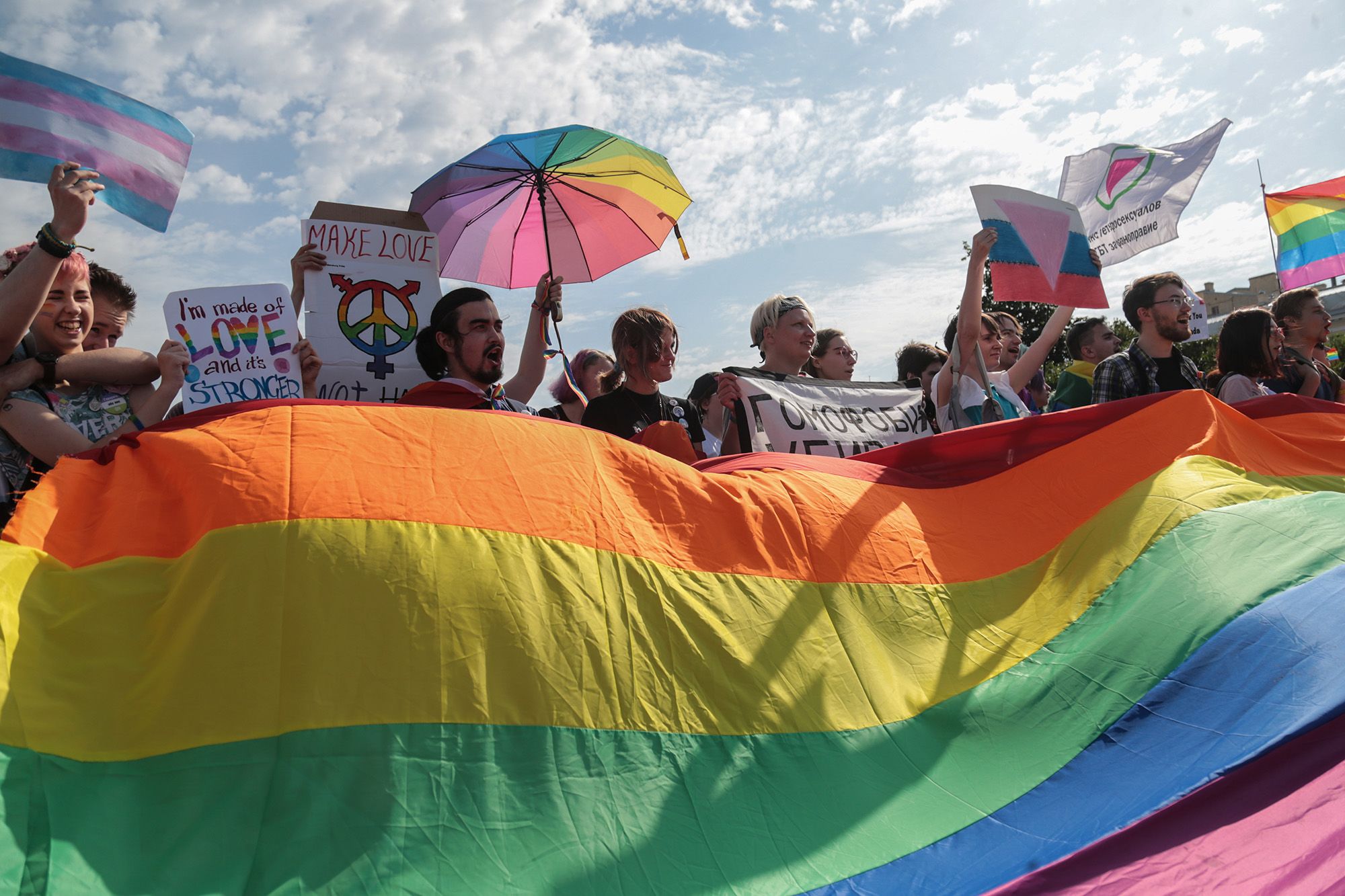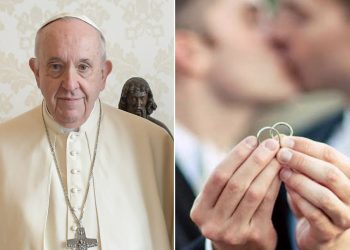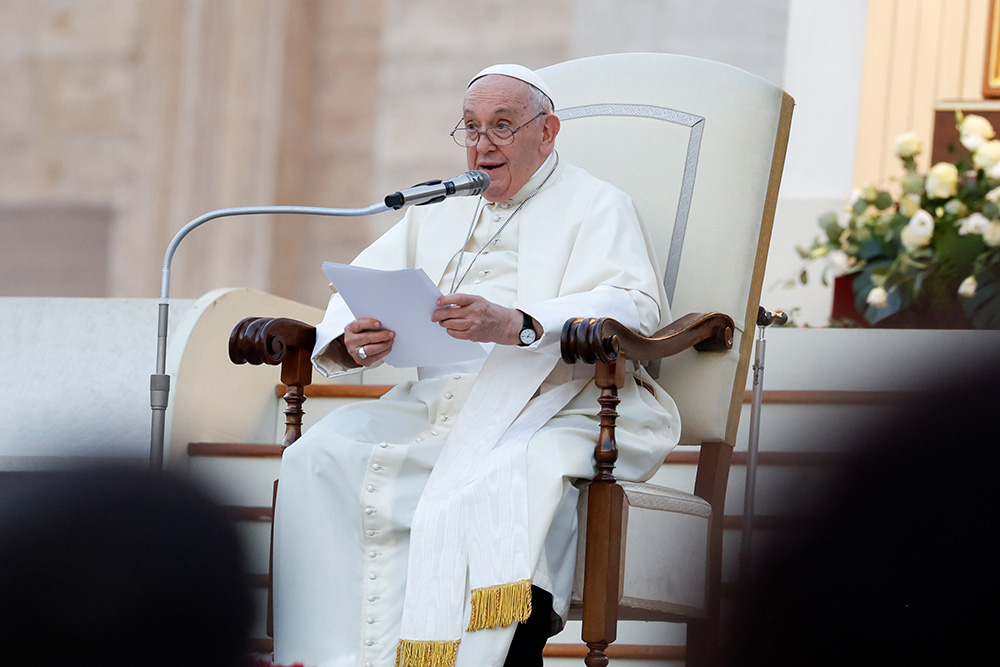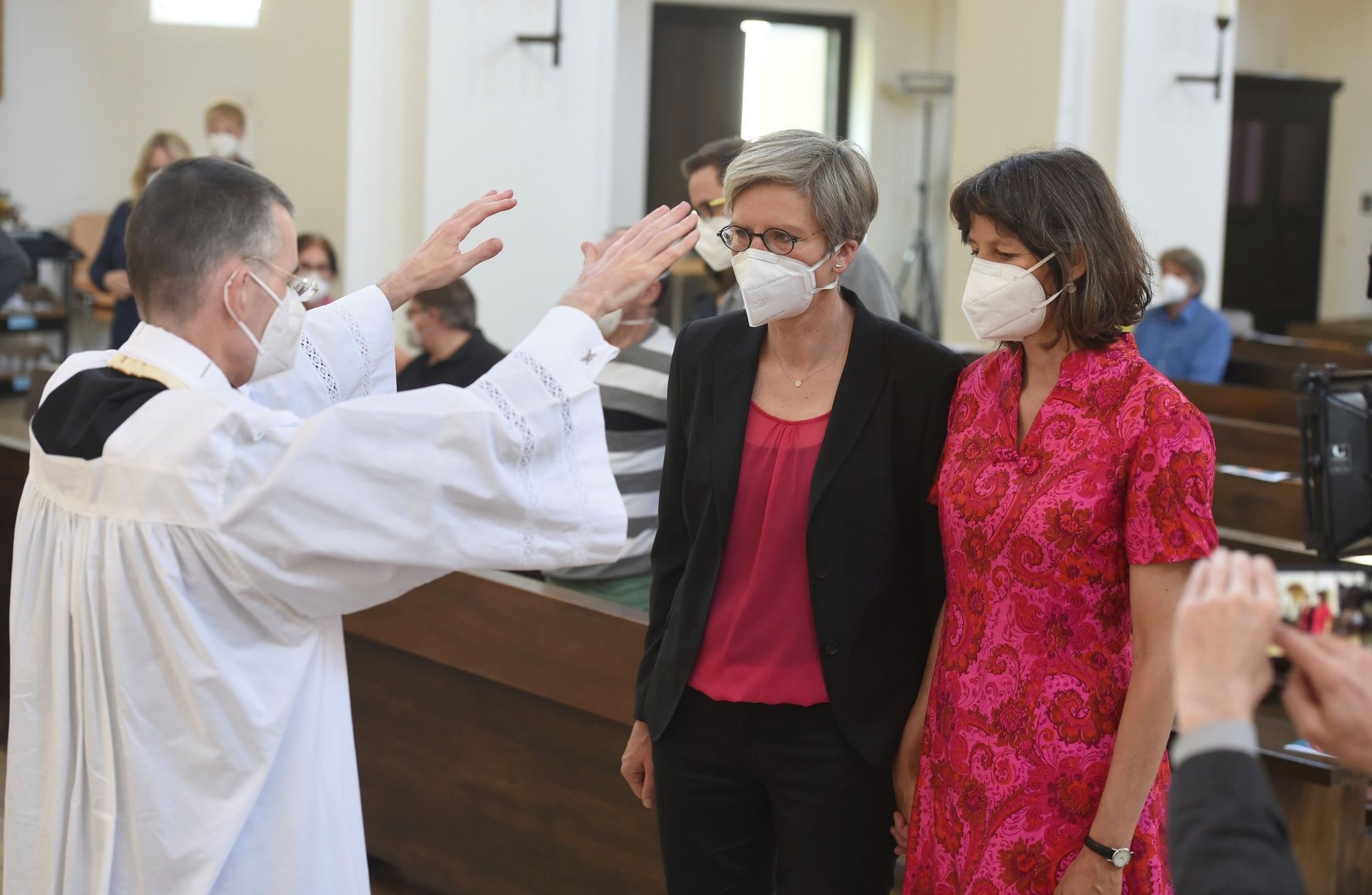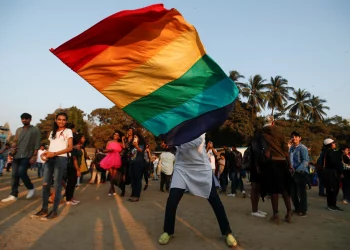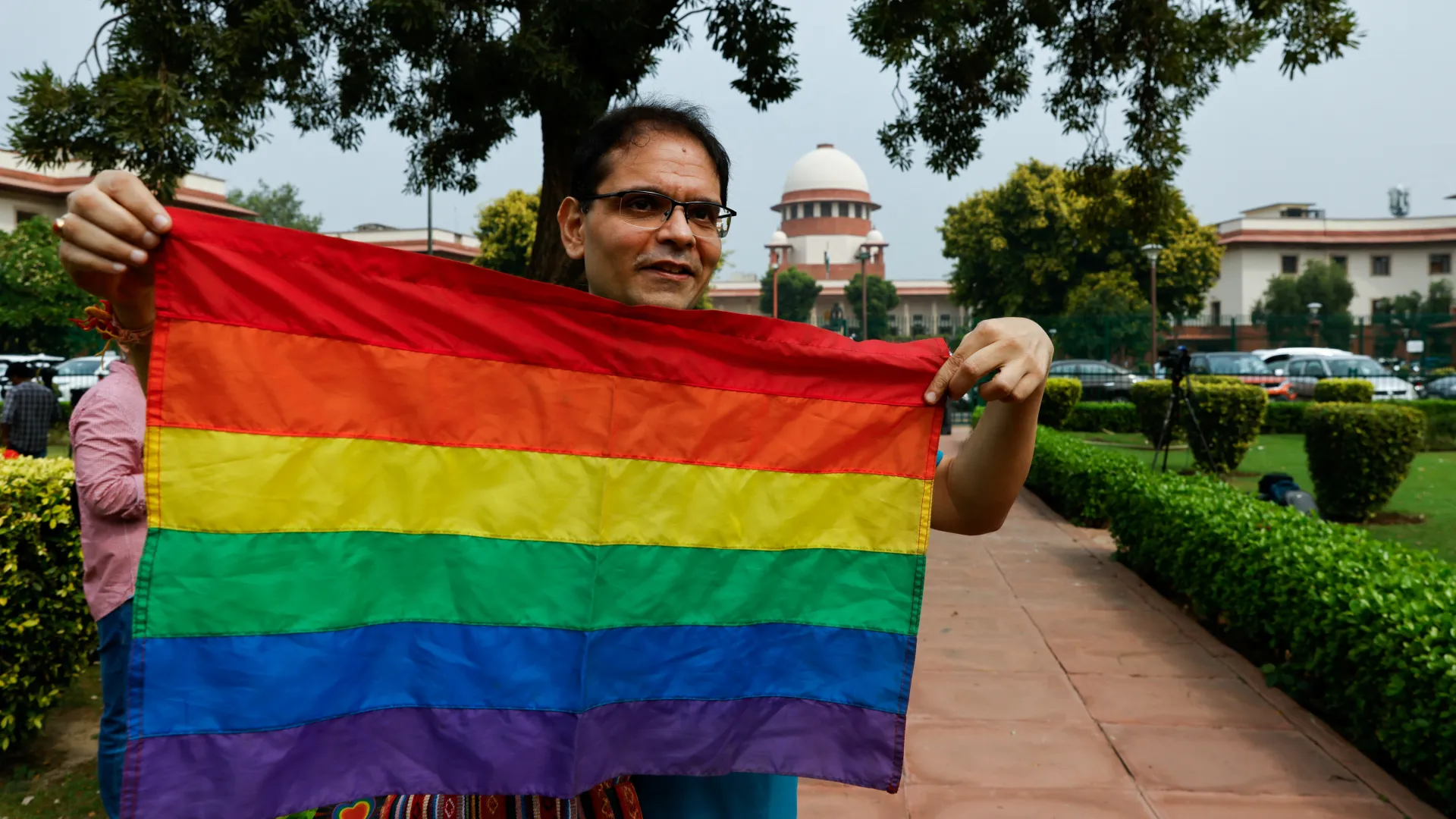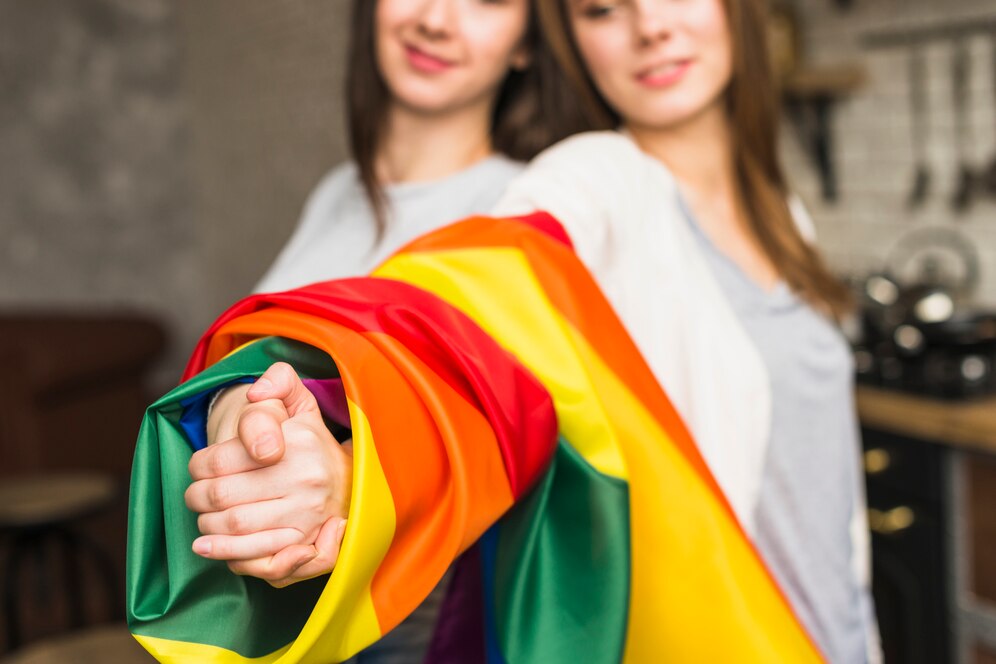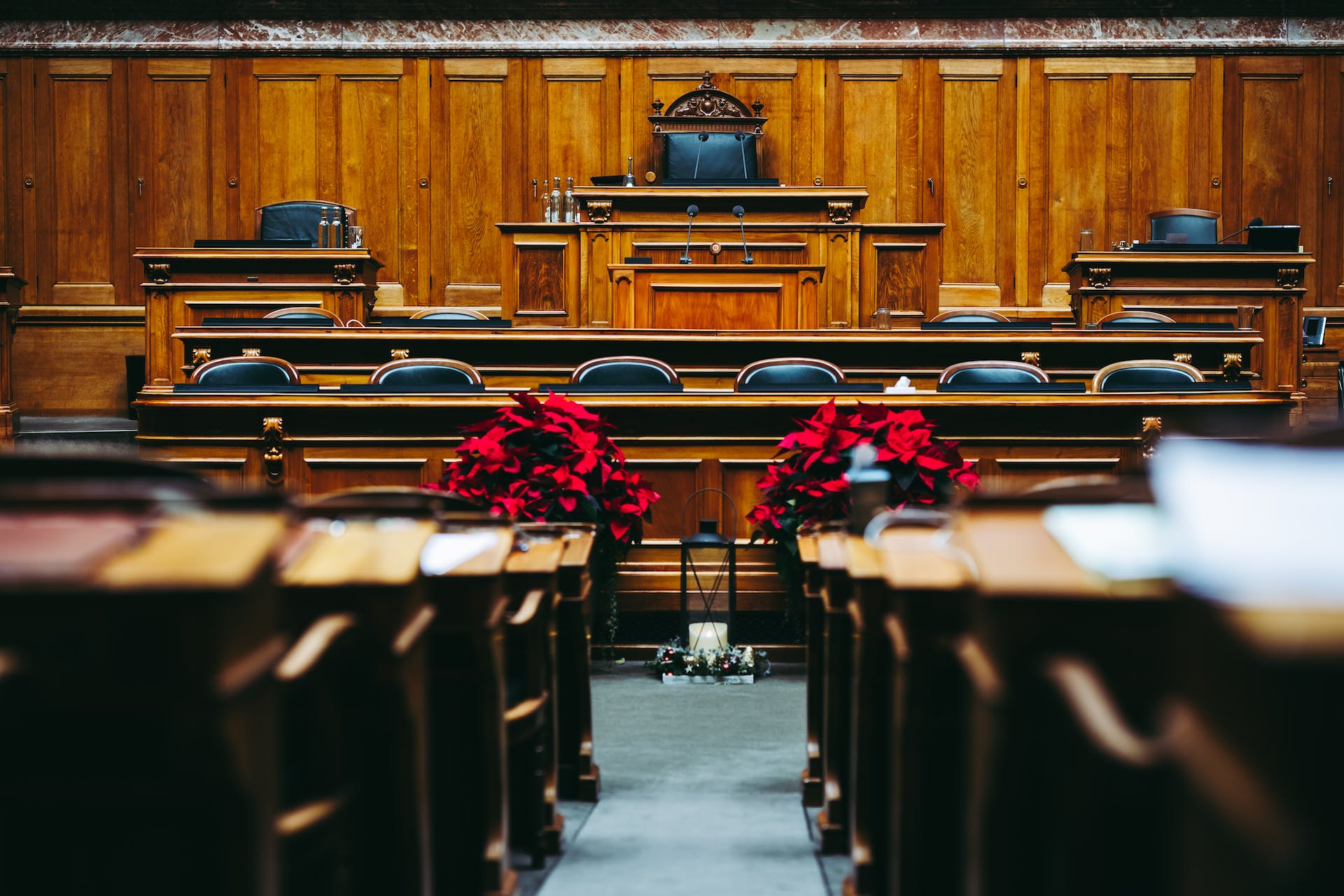The LGBT party atmosphere in America is unique and inspiring. These events have become a place where people with different sexual orientations and gender identities can meet in a safe and supportive environment. There is an atmosphere of joy, fun and mutual understanding here, which makes every party especially attractive to many. Let’s dive into the world of LGBT parties in America and find out what makes them so unique and meaningful to the community.
Fun, friendship, inclusion: what awaits at LGBT parties in America
LGBT parties in America may vary depending on the city, location, and organizer, but the general features and atmosphere are usually similar. They are a place where people with different sexual orientations and gender identities can meet, socialize, and break away from their daily routine.
Meetings often take place in nightclubs or bars, decorated in bright and colorful colors, with LGBTQ+ symbols such as rainbow flags. The musical repertoire often includes popular hits that lift your spirits and make you want to dance. DJs and artists, themselves members of the LGBT community, are often the life of the party, creating an atmosphere of joy, celebration and understanding.
LGBT parties often feature various entertainment events, such as karaoke, competitions, show programs and drag queen performances. This adds variety and allows everyone to find something to suit their taste.
One of the key aspects of LGBT parties is a safe and supportive environment where everyone can be themselves, express their individuality and feel accepted. Tolerance, respect for differences and openness to new acquaintances and friendships make these parties especially attractive to many.
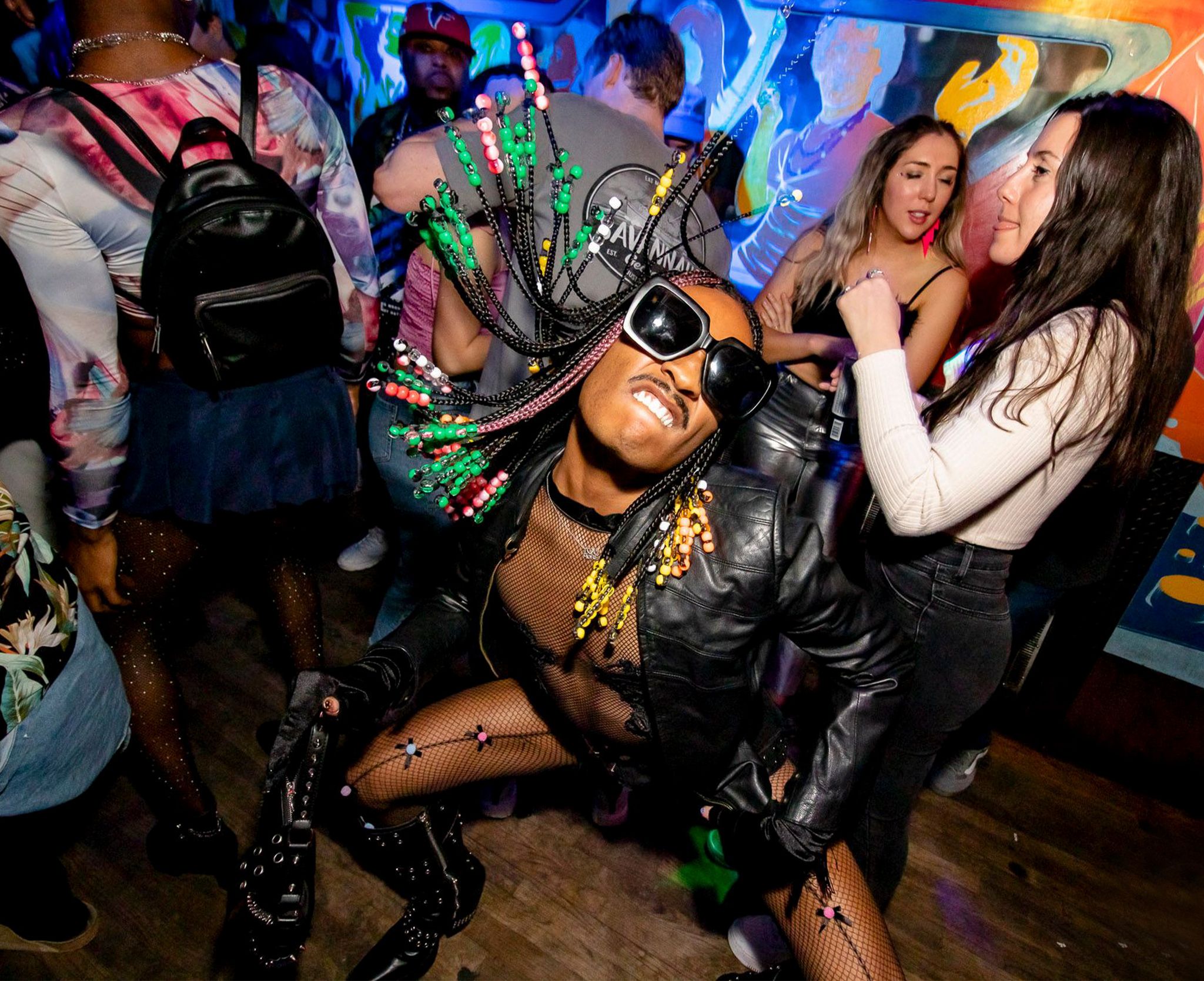
LGBT parties in America also often serve as a platform for charity fundraisers, educational events, or events to fight for the rights of the LGBT community. They help strengthen connections within the community, raise awareness of issues and events, and promote values of inclusion and equality.
Thus, LGBT parties in America provide not only a place for fun and entertainment, but also a platform for social activity, support and communication, helping to strengthen and promote the values of the LGBTQ+ community.
The importance of LGBT charity events: the example of HRC Gala and Pride Parade
LGBT charitable events play a significant role in supporting and developing the LGBTQ+ community, as well as raising funds for charitable programs and organizations that help those who need support and protection. Take, for example, the Human Rights Campaign’s (HRC) annual charity gala, one of the largest in the United States, raising tens of thousands of dollars to support the rights of LGBTQ+ people.
HRC actively works to protect the rights of LGBTQ+ citizens and fight discrimination at various levels. Her charity events not only raise financial support, but also raise awareness of important issues related to the rights of the LGBTQ+ community. The HRC Gala features celebrity auctions that raise significant amounts of money to support the organization’s activities.

Another example of an LGBT charity event is the annual Pride Parade, which takes place in various cities around the world. These events not only serve as a celebration of pride and joy, but are also an opportunity to raise funds to support LGBTQ+ organizations, educational programs, and assistance to LGBTQ+ youth and other vulnerable groups.
LGBT charitable events support a variety of initiatives and programs aimed at increasing awareness, education, access to healthcare and legal services for LGBTQ+ people. For example, events organized by the Trevor Project help combat the problem of suicide among LGBTQ+ youth and provide 24-hour support and counseling.
Additionally, LGBT charity events help create a community where LGBTQ+ people can feel accepted, supported and understood. They also enable the development of social connections, strengthen solidarity and demonstrate the importance of inclusion and equality for all citizens, regardless of their sexual orientation or gender identity.
Thus, LGBT charitable events are not only a way to raise funds, but also a means of actively supporting and protecting the rights and interests of the LGBTQ+ community, helping to create a more open, tolerant and inclusive society.

